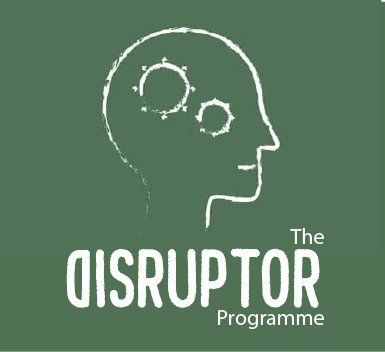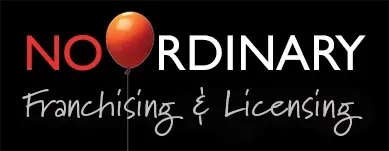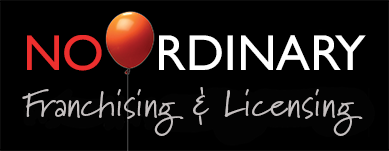The franchising industry has struck back against some pretty major challenges over the past five years – but there are more coming. Isn’t it time we stopped thinking of them as challenges and saw them as opportunities?
It was called “a slippery slope for franchising”. A new labour relations bill in New Zealand said that franchisees aren’t really small businesses and sought to lump them together with franchisors as a single entity for the purposes of the law.
A small but vocal group from the franchise industry managed to bring the government to its senses and make new recommendations on that part of the bill.
Franchising: 1. Government: 0.
In California, a bill requiring franchisors and franchisees to deal with each other in “good faith in the performance and enforcement of the franchise agreement” was passed by the State Senate. But under pressure from lobby groups concerned that this “radical change in franchise laws” would dramatically increase litigation and negatively impact franchising in California, Governor Jerry Brown caved in at the last moment and vetoed the bill.
Franchising: 1. State Senate: 0.
These events have been widely trumpeted as triumphs by the franchise industry but they are simply sticking a couple of fingers in the dyke of the many challenges facing the industry.
Don’t get me wrong – as I’ve said before, I firmly believe franchising has a bright future. I wouldn’t be a franchise consultants if I didn’t – not a successful one, at least.
But being also a business strategist with more than a passing interest in disruptive business models, I know that businesses – including franchises – must evolve to survive in this fast-changing world.
So I wonder if it’s time the franchise industry ditched the adversarial approach that seems axiomatic in franchising and took a more conciliatory, leadership approach.
We accept that tensions and conflict will always exist in franchising, mostly because the industry is hard to classify. Is it small business or big business? Well, McDonald’s is a massive business, but a single-unit McDonald’s franchisee (do they still exist?) is a small business.
Because of its small-big duality, franchising sits somewhere, uncomfortably, in that no-man’s-land in between – The Middle. That’s where the New Zealand government got confused when it drafted its new labour relations bill and classified franchising as Big Business.
Then there’s the classic debate about whether franchisees are really entrepreneurs. Actually, they sit somewhere on the sliding scale between Entrepreneurialism and Compliance. On the one hand, franchisees must follow the System, but on the other they’re expected to be independent business proprietors, many of whose businesses are made more successful through their own efforts.
Many of these tensions that exist in franchising have been stretched almost to breaking point by changes in the business environment – changes such as a greater focus by governments on the rights of employees and independent business people.
For example, it occurs to me that many of the challenges facing franchising right now centre around those franchise systems whose franchisees sit at the left-hand end of the scale – the Compliance end. These are the franchisees who are claiming that they are really no more than employees of the franchise but not entitled to employee benefits such as a minimum wage and holiday pay. Of course, their franchisors deny this, but the franchise systems in question – many of which are in the convenience store and commercial cleaning businesses – have earned the ire of actual employers in those industries who say they can’t compete with the franchises because they have to pay employee benefits.
Isn’t it time the franchising industry – and I include myself here – saw the writing on the wall?
Franchising started as a disruptive business model. The industry can easily be disrupted by the next disruptive business model that comes along. Unless we ourselves are the disrupters…
We have two choices. Stand and fight the inevitable, and take what small pleasure we can in our triumphs. Or change, evolve, to better meet the demands of the modern world.
Your choice.
I'm Robin La Pere, no ordinary business, marketing and franchise consultant. During my various careers in marketing, management and franchising, I've often been at the forefront of innovation and change – an exciting but scary place to be!
Franchising started as a disruptive business model but needs to keep evolving if it is to maintain its momentum through changing times. Has it been doing that – or battling against the inevitable?
Need to futureproof your business?
I offer these services to help you manage disruption, prevent stalling and promote innovation in your business:
- Threat and opportunity evaluation
- Business model generation
- Strategy planning
- Key business driver analysis and development
- Conference and seminar presentations
- Innovation workshop facilitation
- Business improvement
- Business re-engineering
- ‘The Disruptor’ Programme (see below)

Are you facing new or greater competition? Is your industry being disrupted? Is your business growth in danger of stalling?
The best way to predict the future is to create the future. In today's fast-changing world, it's disrupt or be disrupted. The good news is that small to medium sized businesses can be more innovative and agile than large corporations. The Disruptor Programme has been developed specifically to help SME leaders to:
- empower them with the thinking and practical skills to face change and lead a more agile and innovative business
- gain insights in how their customers see value and where opportunities exist to take advantage of this
- examine the company’s competencies and culture in order to identify opportunities to improve and innovate
For more information on The Disruptor Programme and how it can help you to futureproof your company, type in your email address below and click on the button.



